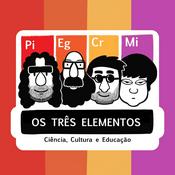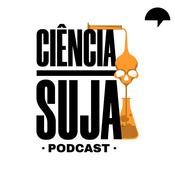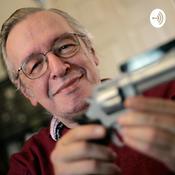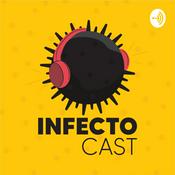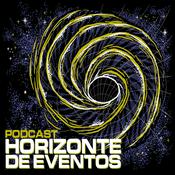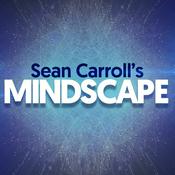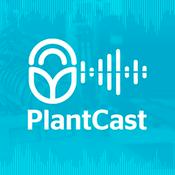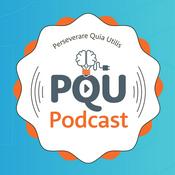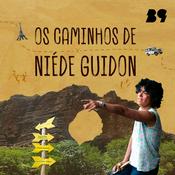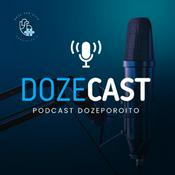75 episódios
- n this episode of The Contemplative Science Podcast, I’m delighted to welcome back Brother Phap Linh, a Buddhist monk ordained at Plum Village in 2008. Before monastic life, Brother Phap Linh studied at Cambridge and worked as a composer, chef, and math tutor—bringing a rare blend of creativity, analytical rigor, and lived practice into his contemplative path.
Inspired by the teachings of Thich Nhat Hanh, Brother Phap Linh entered monastic life as a response to global suffering, grounding his work in mindfulness, ethical living, and community practice. Today, he finds deep joy in guiding others—both monastic and lay—toward greater presence, compassion, and collective well-being.
Our conversation explores the evolving relationship between Buddhism, spirituality, and science: how mindfulness is studied, where scientific models illuminate practice, and where lived experience resists easy measurement. Together, we reflect on what contemplative traditions can genuinely offer modern science—and what science can responsibly contribute to the deep work of inner transformation.
A thoughtful, grounded dialogue at the meeting point of practice, theory, and lived wisdom. - In this episode, we explore the role of goal-setting and purposeful behaviour in Buddhist contemplative practice. While many traditions emphasize letting go, Buddhist training is also deeply structured by intentionality, effort, and purposeful cultivation. Nadav Amir brings a computational neuroscience perspective to these questions, examining how minds generate goals, how agency emerges, and how these processes relate to frameworks from early Buddhist epistemology and ethics. Together, we discuss paradoxes of striving, the tension between effort and non-attachment, and what modern neuroscience can tell us about intention on the contemplative path.
- In this episode, I sit down with Dr. Paul Condon to explore his new book How Compassion Works and the science behind cultivating compassion that lasts. We discuss what compassion really is, how it can be measured and taught, and why sustaining compassion matters for individuals and communities alike. Paul shares insights from his research on compassion training, its impact on mental health and social connection, and how these practices can be taught in a rigorous, evidence-based way without losing their heart.
The Inner Science of Pain: Compassion, Contemplation, and Healing w/ Richmond Stace
20/8/2025 | 50minWhat if understanding pain was a contemplative act? Richmond Stace, creator of Pain Coaching, brings together neuroscience, psychotherapy, and contemplative insights to rethink chronic pain not just as a biological condition, but as a human experience shaped by meaning, attention, and awareness.Being Deeply Well: Dharma, Discomfort, and the Healing Path w/ Melina Bondy & Arti Mehta
28/7/2025 | 43minWhat does it really mean to be deeply well—not just symptom-free or spiritually polished, but truly grounded, embodied, and alive? In this episode, Dharma teachers Melina Bondy and Arti Mehta explore this question through the lenses of contemplative practice, psychotherapy, somatics, art, and community care. Together we reflect on how meditation and the Dharma shape our understanding of wellness—not as an escape from life’s struggles, but as a courageous turning toward them. We discuss how to stay with discomfort without bypassing, the role of the body in healing, and the tensions between spiritual ideals and lived experience. We also ask: Can wellness itself become a form of resistance? What does it mean to be well together? And how can we honour both safety and challenge in our communities? This is a rich and honest conversation about the nonlinear path to being deeply well—and what it takes to share that path with others.
Mais podcasts de Ciência
Podcasts em tendência em Ciência
Sobre The Contemplative Science Podcast
What can cutting-edge science tell us about spiritual development? And how are ancient contemplative practices helping us to investigate the nature of well-being? On The Contemplative Science Podcast, host Dr. Mark Miller speaks with the real experts, from Monks to Neuroscientists, to get clear on how contemplative practices work and how they might help us improve our lives. Our diverse range of guests will cover everything from mindfulness and wisdom, to sex, death and enlightenment.
Site de podcastOuça The Contemplative Science Podcast, Os três elementos e muitos outros podcasts de todo o mundo com o aplicativo o radio.net
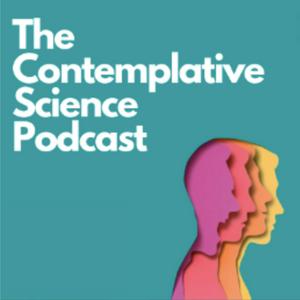
Obtenha o aplicativo gratuito radio.net
- Guardar rádios e podcasts favoritos
- Transmissão via Wi-Fi ou Bluetooth
- Carplay & Android Audo compatìvel
- E ainda mais funções
Obtenha o aplicativo gratuito radio.net
- Guardar rádios e podcasts favoritos
- Transmissão via Wi-Fi ou Bluetooth
- Carplay & Android Audo compatìvel
- E ainda mais funções


The Contemplative Science Podcast
Leia o código,
baixe o aplicativo,
ouça.
baixe o aplicativo,
ouça.

